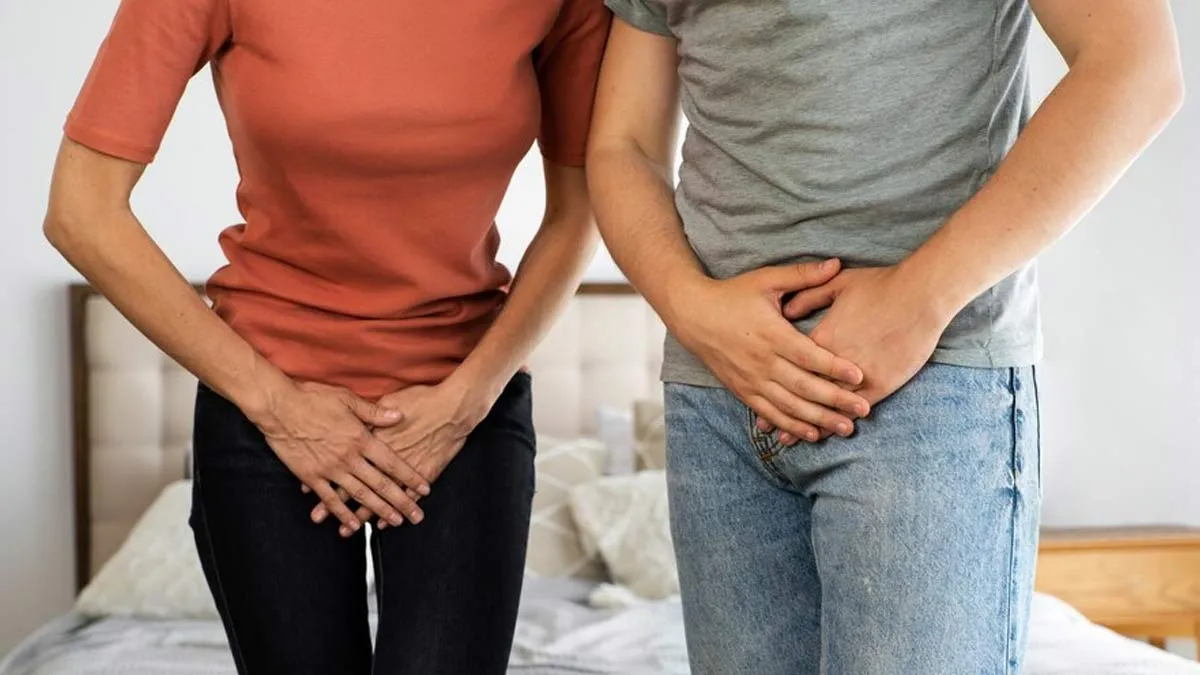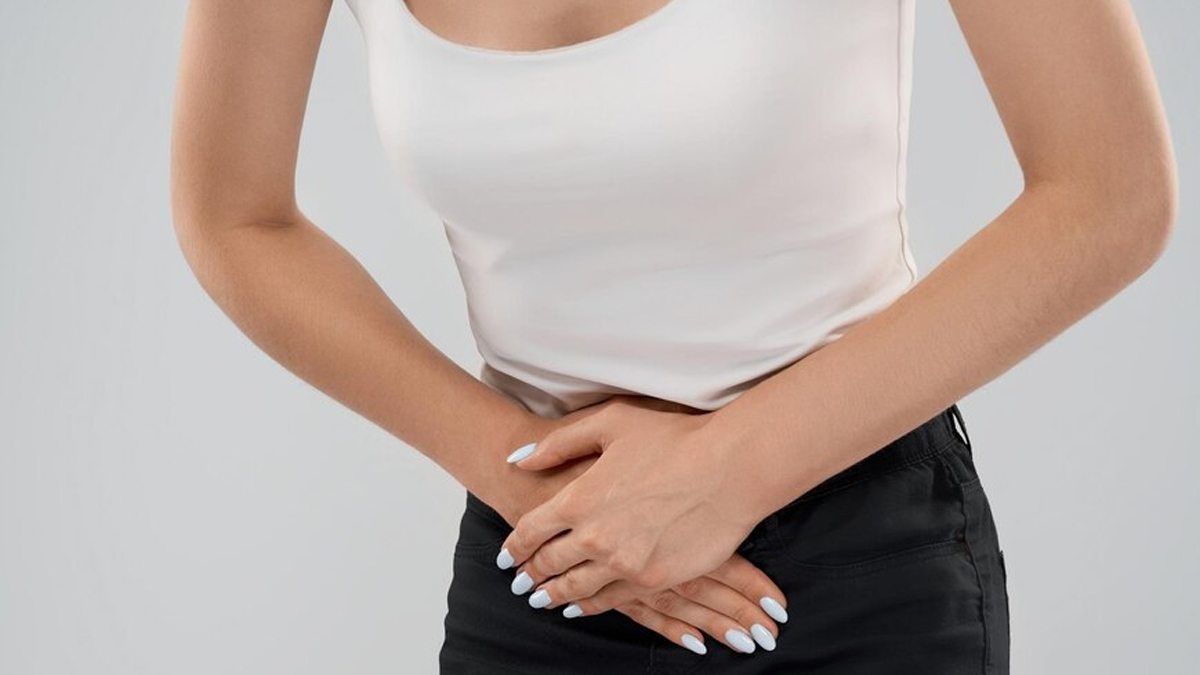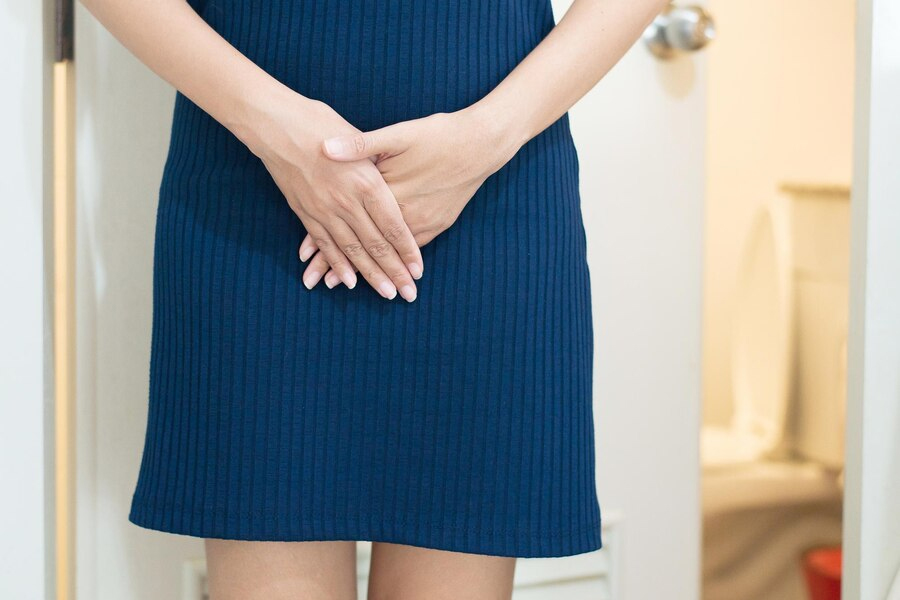
Intimacy with your partner is a beautiful and personal experience. However, beyond the emotional and physical bonding, it is equally important to observe post-intimacy hygiene for health. Urination after sexual activity is often overlooked but forms an important habit. This small act may not seem significant, but it does play a very important role in preventing discomfort and promoting well-being.
Table of Content:-
In an exclusive interaction with the editorial team, Dr Vikas Yadav, Senior Consultant, Department of Obstetrics and Gynaecology at ShardaCare, Healthcity - Greater Noida, shared why it is important to pee after getting intimate with your partner. Here is what he shared and what you should know!
Science Behind Peeing Post-Intimacy
Dr Yadav explained that sometimes, during intimacy, bacteria from the genital or anal areas can get transferred to the urethra, which is the tube that carries urine out of your body. This is particularly common during sexual activities like intercourse, which in turn can create opportunities for bacteria to move closer to the urethral opening. If these bacteria are not flushed out, they multiply and may cause Urinary Tract Infections (UTIs).

Also Read: Is Your Birth Control Pill Causing Mood Swings? Here’s What You Need To Know
Benefits of Urinating After Intimacy
Urination after intimacy cleans out any bacteria that may have entered the urethra and thus reduces the risk of infection. This is especially important to individuals with a shorter urethra, like women, because bacteria have a shorter distance to travel to reach the bladder. Here are a few benefits Dr Yadav noted:
1. Prevent UTI
UTIs are one of the most common infections, particularly in women. Painful and distracting symptoms include the sensation of burning when urinating, urinating too often, and lower pelvic pain. Peeing after intimacy could be a step towards preventing a UTI and having a more fulfilling experience with your partner.
2. Promotion Vaginal and Penile Health
Urination flushes out bacteria, keeping the natural balance of microbes in the genital area. This practice also helps reduce irritation, inflammation, or possible infections that may result from bacterial overgrowth.

Also Read: Period Pain Or Something More? Expert Answers If It Could Be Endometriosis
3. Helps General Comfort
Urination and washing up after intimacy may make you feel fresh and clean. It consequently enhances your well-being, which might lead to a healthier sexual experience.
Hygiene Tips To Follow After Intimacy
- Urinate within 30 minutes of having intimacy. Urinating long after sex gives time for the bacteria to multiply more so, sooner is better.
- Drink enough water so that the flow is adequate for urine to clear off bacteria efficiently.
- Both parties involved in intercourse must clean both their hands and genital areas before and after sexual intercourse.
- While urinating afterwards is crucial, starting with an empty bladder can also help prevent infections.
When to See a Doctor?
If you experience recurrent UTIs even after following the above preventive measures, or if you notice symptoms such as severe pain, blood in your urine, or fever, consult a healthcare provider. They can help identify underlying issues and recommend appropriate treatments.
Takeaway
It will take a minute to pee but can help protect your health by quite a small act. If incorporated into your post-intimacy routine, this habit would reduce the possibilities of infections, enhance comfort, and make you enjoy a healthier and happier relationship with your partner.
Read Next
Breathe Easy at Night: Expert Shares Face Yoga Moves to Prevent Snoring and Support Better Sleep
How we keep this article up to date:
We work with experts and keep a close eye on the latest in health and wellness. Whenever there is a new research or helpful information, we update our articles with accurate and useful advice.
Current Version